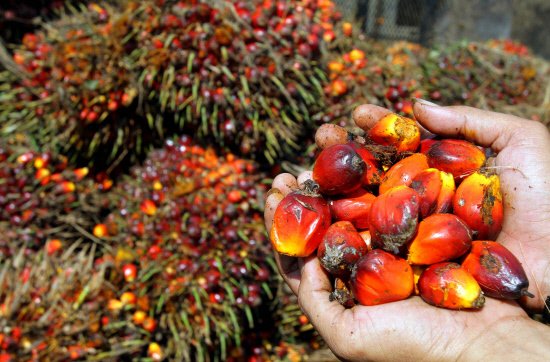Inside BENEO’s new pulse plant: pioneering sustainable protein from faba beans
As Malaysian Palm Oil Council’s centennial, organized Indo-Malay oil networking seminar to recognize the flourishing export business of palm oil. Datuk Seri Mah Siew Keong, Minister, plantation industries and commodities, Malaysia, said, “Through our visit, we aim to provide new avenue for the Indian oil and fat industry members to interact and discuss opportunities and issues and improve trade relations between the two countries.”
“Malaysia produced 19.9 million tonnes in 2015 and 17.32 million tonnes in 2016. In the current year, we expect to rebound to 19 million tonnes,” he added. Mah stated, “India was the most important market for the exports of palm oil from Malaysia.”
“India ranks number one in the export chart, followed by the European Union and China,” he added. The minister said, “We will open an office in Mumbai by June through which a lot of seminars about palm oil will be conducted and awareness will be created.”
“Malaysia and Indonesia have started a council wherein all the palm oil-producing countries, including Thailand, Indonesia and Malaysia, will come together and promote palm oil,” he added.
“The countries’ representatives will come together to undertake research and development (R&D) and marketing, strengthen palm oil and work on issues and spread awareness about palm oil,” Mah said.
“There are anti-palm oil campaigns that had gained world attention, but they were not supported by any scientific reasoning or scientific authority,” he added. According to reports, India consumes 21 million tonnes of edible oil, of which 8.5 million tonnes is palm oil. The three million tonnes of palm oil used in India is imported from Malaysia. Overall India consumes 40 per cent of edible oil.
Kalyana Sundram, chief executive officer, Malaysian Palm Oil Council, said, “The food processing and bakery industries are the biggest consumers of palm oil. So we would be now focusing on manufacturers by urging them to use more palm oil.”
Talking about the nutritive value of frozen desserts, which use vegetable oil as ingredients, he added, “In non-dairy ice cream, only the dairy fat is replaced by vegetable oil. The nutritive value and taste of ice cream still remain the same as those of dairy-based ice cream.”
In 2016, Malaysia’s palm exports showed a reduction vis-a-vis the previous year. At the event, the minister intended to synergise and strengthen the existing partnership as well as explore new potential areas of export.

